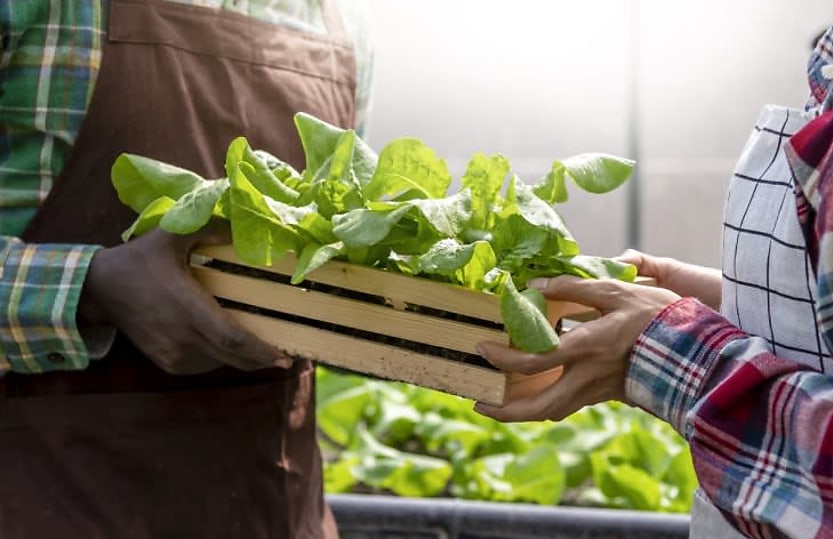Tax incentives to reduce food waste introduced into Parliament

The bill will enable farmers and other businesses to receive tax incentives for donating rather than dumping surplus food.
Senator Dean Smith has introduced a bill into the Senate aimed at incentivising food donations to charitable organisations through changes in the tax system.
The Tax Laws Amendment (Incentivising Food Donations to Charitable Organisations) Bill 2024 introduces a tax offset for companies that are constitutional corporations for expenses they incur in undertaking food donation activities.
The food donations tax offset is refundable if a company’s aggregated turnover is less than $20 million. Otherwise, the offset is a non-refundable tax offset.
The amount of the tax offset is capped at the lower of $5 million or a specified percentage of the expenditure incurred in undertaking the food donation activities. The specified percentage is calculated according to the company’s aggregated turnover in an income year.
The incentive will be temporary only but will last for three years. The minister will review and decide whether to extend the measure after that period.
The explanatory memorandum for the bill noted that recent years have seen a sharp growth in the cost of living, causing increasing financial hardship for Australians and spiking levels of food stress.
As a result, food relief charities have seen a dramatic increase in the number of clients relying on their assistance, as families struggle to buy groceries while trying to meet housing, utilities and other expenses.
"Demand for food support is currently outstripping supply. Research conducted by KPMG on the tax incentive introduced in this bill confirmed food insecurity in Australia is alarmingly high," it said.
This was confirmed by the most recent Foodbank Hunger Report in 2023, which highlighted that over the 12 months to July last year, 3.7 million homes across the country experienced moderate to severe levels of food insecurity.
Heightened demand for food assistance presents at a time when 7.6 million tonnes of food are wasted every year, costing the economy an estimated $36.6 million annually.
"Of that waste, about 70 per cent is still edible, but is discarded rather than donated because it is cheaper to do so," the EM said.
To better match supply and demand, and ultimately reduce food stress in Australia, this bill provides for a food donation tax offset.
Ahead of the introduction of the bill, food charity organisation Second Bite said the bill would incentivise food businesses, such as farmers, wholesalers and transporters to donate surplus food and allied services to Australian food relief charities.
"It will change Australia’s tax system to encourage donation, rather than dumping, of food – with the potential to deliver millions of extra meals and help Australia reach its bipartisan commitment to halve food waste by 2030," it said.
Foodbank Australia chief executive Brianna Casey said the charity sees families unable to put food on the table despite tonnes of perfectly edible food being dumped or ploughed in each year.
"We know that households under financial pressure have been forced to reduce – or even remove – their spend on fresh fruit and vegetables and protein, meaning demand for these products at food banks across Australia has skyrocketed," said Casey.
"This tax incentive is smart policy and the debate in the Senate should be about how quickly we can introduce it, not about party politics."
About the author

